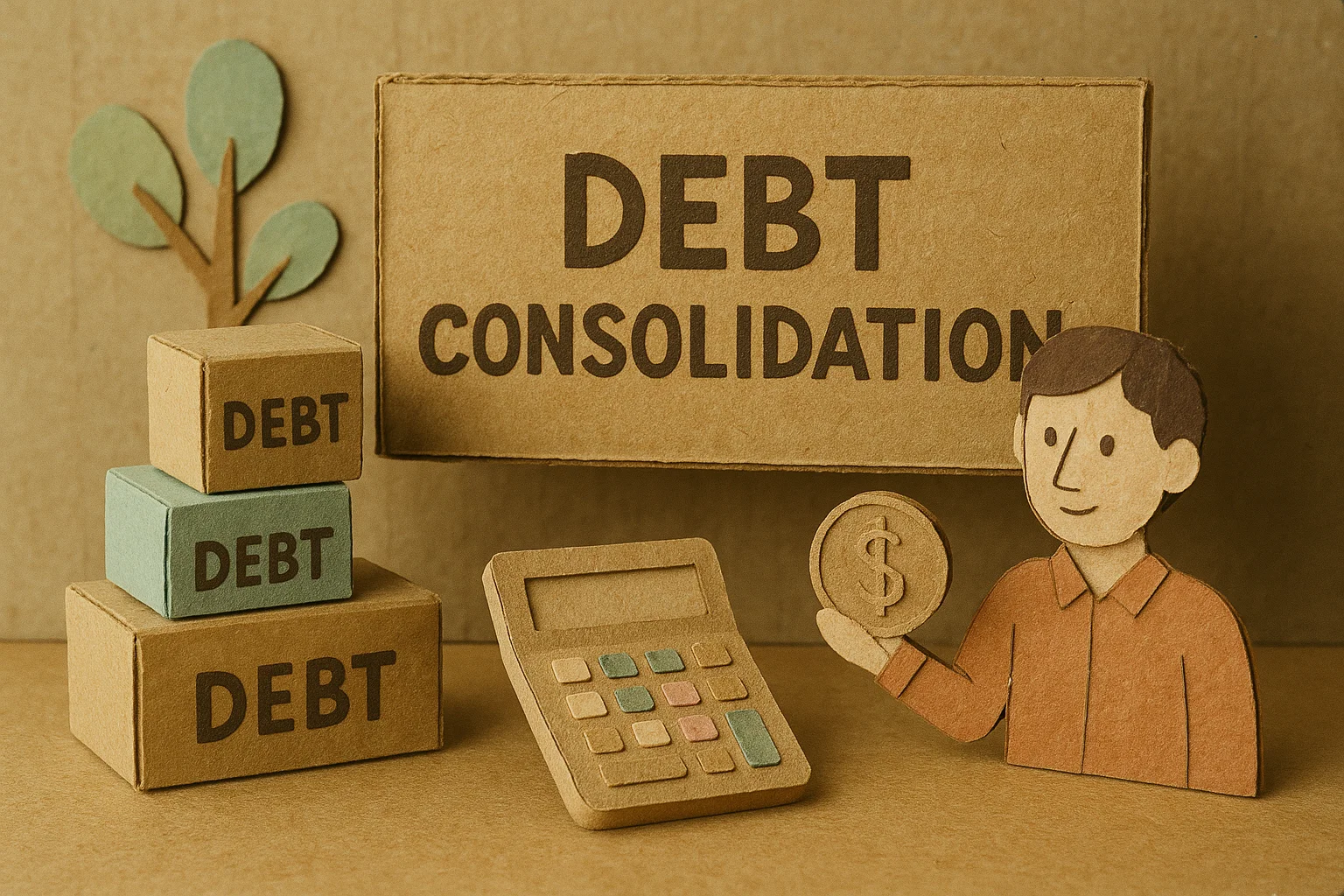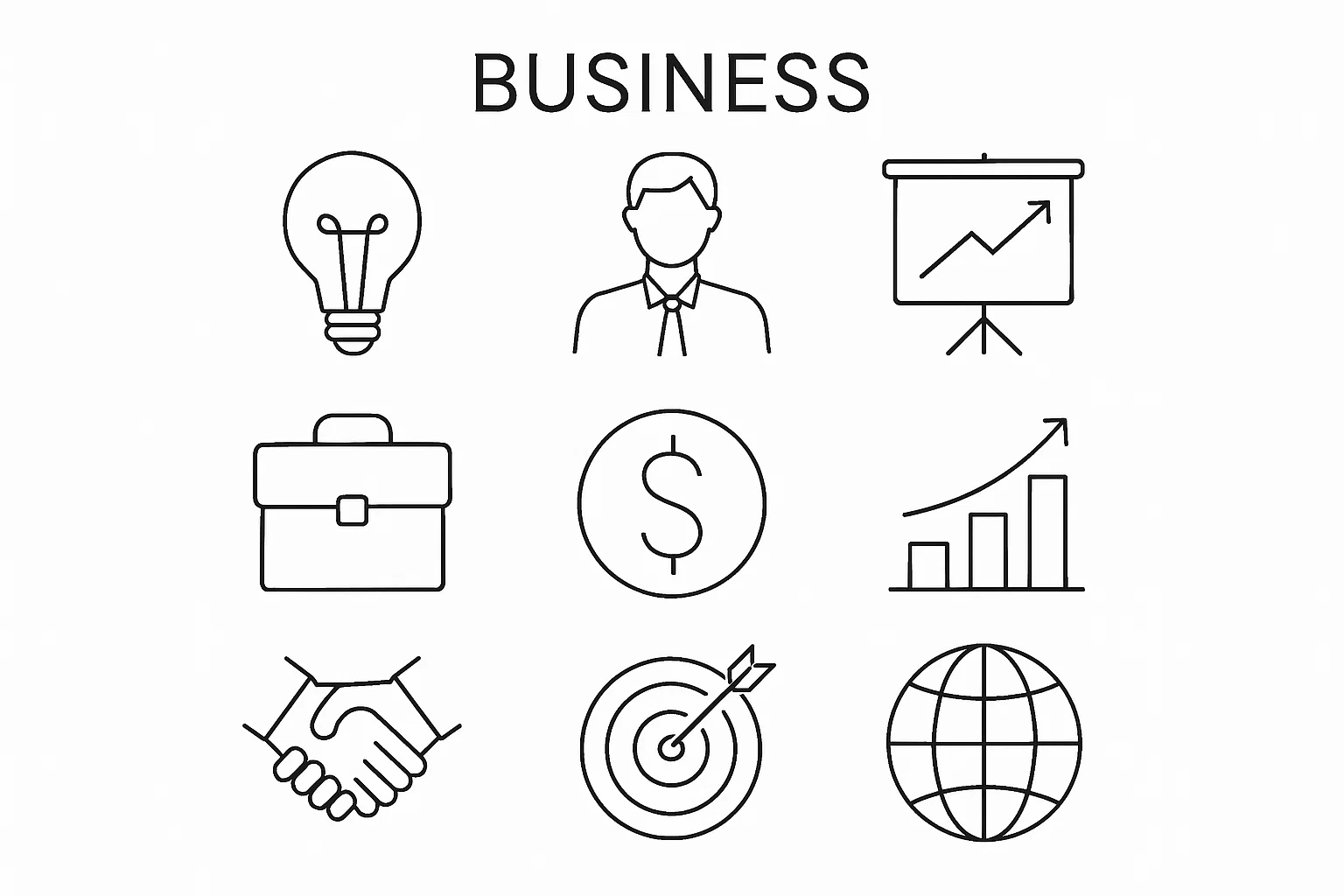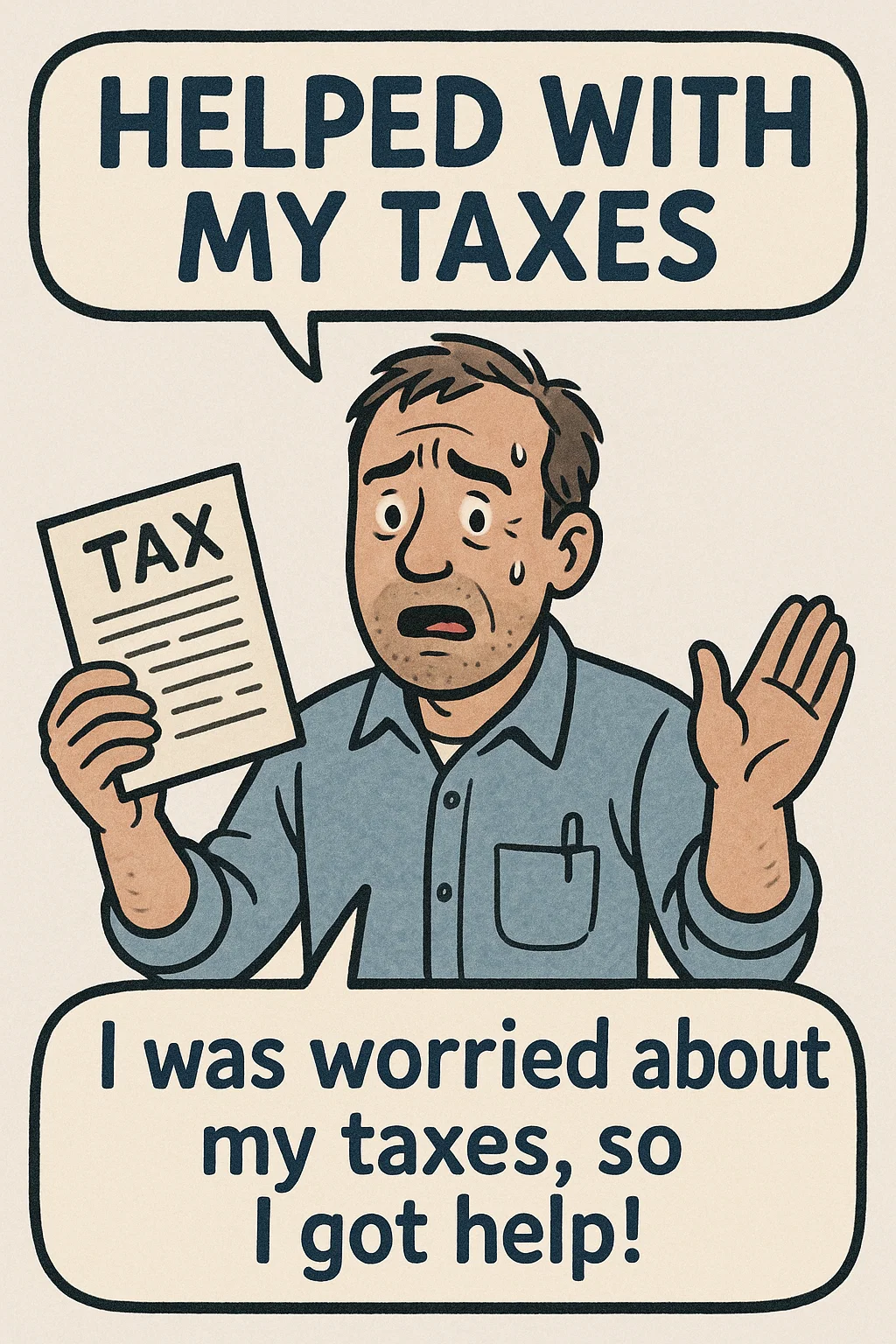“Priya,” Rohan confessed, looking weary. “Between my personal loan, a couple of credit card outstanding balances, and a small business loan, it feels like I’m juggling too many EMIs with different interest rates. I’m constantly worried about missing a payment, and the total interest is crippling. I’ve heard about debt consolidation in India, but is it really a silver bullet? How do I ensure it’s done right and actually helps in reducing financial burden?”
Priya nodded, a sympathetic understanding in her eyes. “Rohan, you’re experiencing a very common challenge. Juggling multiple high-interest debts can be incredibly stressful and truly feel like a heavy financial burden. Debt consolidation isn’t a magic fix that eliminates debt, but when approached strategically, it can be a powerful tool for simplifying your finances, lowering your overall interest outgo, and providing much-needed breathing room. It’s a strategic ‘Smart Money Move’ for regaining control.”
Rohan looked hopeful. “So, it can actually help me breathe easier?”
“Absolutely,” Priya affirmed. “The goal is to simplify, reduce costs, and accelerate your path to becoming debt-free. It’s about taking charge of your personal finance management in India.”
The Problem with Multiple Debts: Why Consolidation Becomes Necessary
“What’s so bad about having multiple debts, as long as I’m paying them?” Rohan asked.
Priya explained the hidden costs and stresses:
- High-Interest Rates: “Credit card debts often come with exorbitant interest rates (24-48% per annum), making it difficult to pay down the principal.”
- Juggling Multiple Payments: “Managing different due dates, minimum payments, and lender portals increases the risk of missing a payment, which can damage your credit score.”
- Lack of Clarity: “It’s harder to get a clear picture of your total outstanding debt and how much progress you’re making towards becoming debt-free.”
- Mental Stress: “The constant worry about multiple debts can lead to significant stress and impact your productivity.”
- Hidden Fees: “Different loans might have various processing fees, late payment charges, and other hidden costs.”
Rohan’s Strategy: Decoding Debt Consolidation Done Right
Rohan, now convinced of the need for action, outlined his approach to debt consolidation in India, guided by Priya’s expert advice:
- Assess Your Total Debt & Financial Health: “Before doing anything, I need a clear picture. I’ll list all my outstanding debts – credit cards, personal loans, any small business loans – with their principal amounts, interest rates, EMIs, and due dates. I’ll also calculate my current income and expenses to understand my repayment capacity.”
- Smart Move: Create a detailed spreadsheet. This provides the raw data to choose the best consolidation option.
- Understand Your Consolidation Options: “There isn’t a single ‘debt consolidation loan.’ There are a few key avenues in India:”
- Personal Loan for Debt Consolidation: “This is the most common. I can take a single, larger personal loan at a lower interest rate (if my credit score allows) and use it to pay off all my smaller, higher-interest debts. I’ll then have only one EMI to manage.”
- Priya’s Insight: Look for a personal loan with a lower interest rate than the average of your existing high-interest debts. Check for foreclosure charges if you plan to pre-pay.
- Loan Against Property (LAP): “If I own property, I can take a loan against it. These generally have much lower interest rates and longer tenures than unsecured personal loans, significantly reducing financial burden in terms of EMI. But it’s a secured loan, so my property is collateral.”
- Priya’s Insight: While attractive due to lower rates, remember your property is at risk. Only consider if you are confident in your repayment ability.
- Balance Transfer (Credit Cards): “If most of my burden is from credit cards, I can look for a new credit card offering a 0% interest balance transfer for an introductory period (e.g., 6-12 months). This buys me time to pay off the transferred amount without accruing high interest.”
- Priya’s Insight: Be extremely disciplined. Pay off the transferred balance before the 0% period ends, or the interest rate will skyrocket. Also, check for balance transfer fees.
- Negotiate with Lenders: “Sometimes, directly approaching my existing lenders, especially for credit cards, and explaining my situation can lead to a lower interest rate or a more manageable repayment plan.”
- Priya’s Insight: This works best if you have a good repayment history with that specific lender and are proactive.
- Personal Loan for Debt Consolidation: “This is the most common. I can take a single, larger personal loan at a lower interest rate (if my credit score allows) and use it to pay off all my smaller, higher-interest debts. I’ll then have only one EMI to manage.”
- Prioritize Lower Interest Rates & Simpler EMIs: “The primary goal is to lower my overall interest cost and consolidate multiple payments into a single, manageable EMI. I need to calculate if the new loan’s interest rate and tenure actually achieve this.”
- Smart Move: Don’t just look at a lower EMI; ensure the total interest paid over the new loan tenure is also less than what you would pay on existing debts.
- Avoid Accumulating New Debt: “This is crucial. Debt consolidation is a tool to get out of debt, not to create capacity for more spending. I need to be extremely disciplined with my spending once my debts are consolidated.”
- Smart Move: Cut up high-interest credit cards (once paid off) if self-control is an issue, and stick to a strict budget.
- Focus on Repayment Discipline: “Once consolidated, stick to the new single EMI without fail. The lower burden should empower me to make consistent, timely payments, which will also positively impact my CIBIL score.”
- Smart Move: Automate the new EMI payments to avoid missing due dates.
“This strategy makes so much sense, Priya! It’s about being intentional and disciplined,” Rohan exclaimed, feeling a renewed sense of control.
“Exactly, Rohan!” Priya affirmed. “Debt consolidation done right is a powerful ‘Smart Money Move.’ It’s not a quick fix for underlying spending habits, but a strategic pathway for reducing financial burden, simplifying your personal finance management in India, and accelerating your journey towards financial freedom. It empowers you to regain control and channel your energy into growth, not just debt servicing.”
Are you struggling with multiple debts and exploring debt consolidation in India? Need expert guidance to ensure your debt consolidation strategy is done right and effectively helps in reducing your financial burden? Visit and let our seasoned financial advisory team help you analyze your debt profile, explore suitable consolidation options, and craft a personalized plan for effective debt management and regaining control of your finances.




